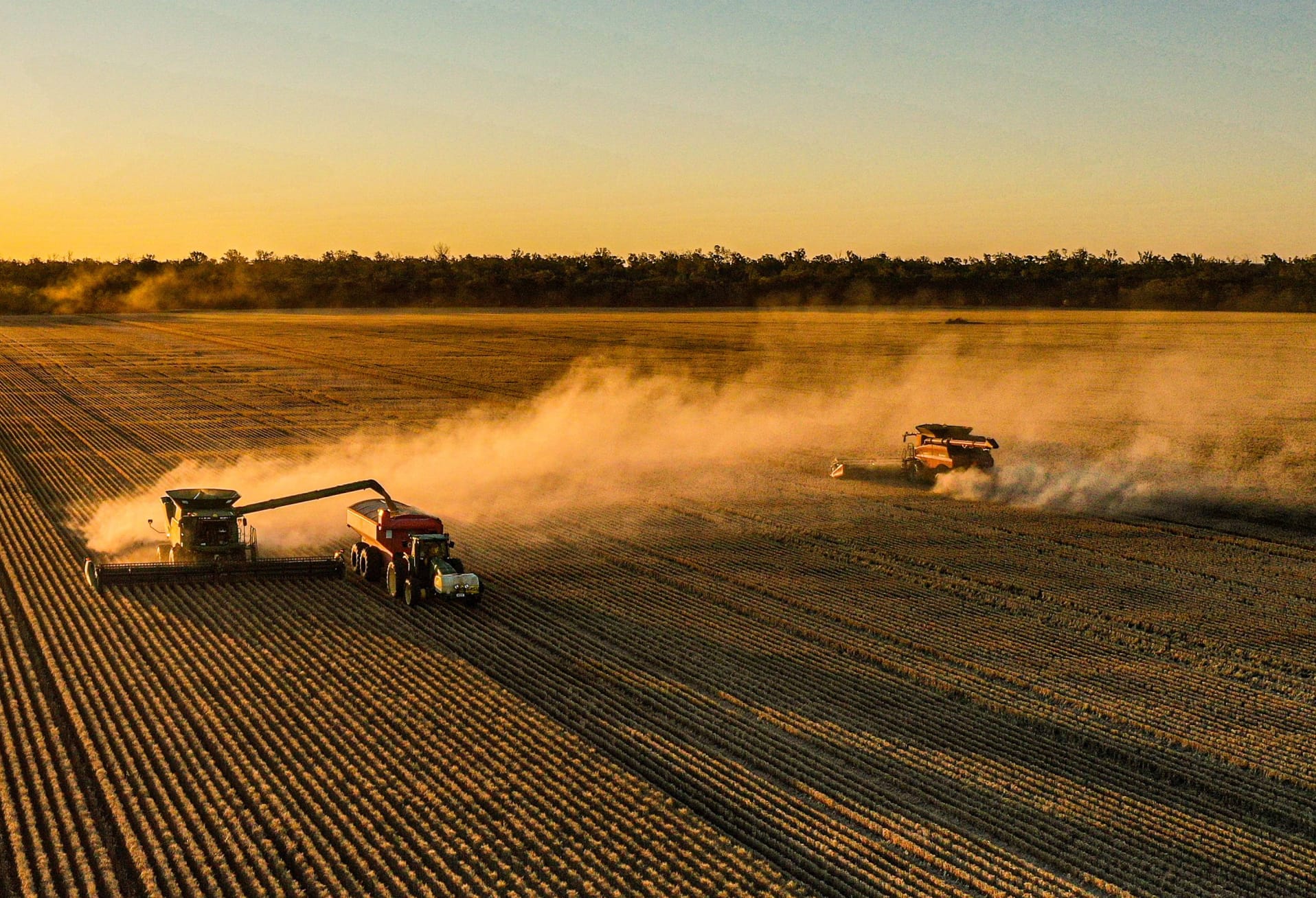The second round of Growth, Adoption, Production and Profit (GAPP) meetings for 2017 kicked off in the first week of June for Southern Mallee, Manangatang, Hopetoun and Rupanyup GAPP group’s.
Noel Meney, farm succession and family facilitation specialist from Poole’s Farm 360, discussed succession planning and tax management implications for generational land transfers.
“Starting the process early is critical and allow five to 10 years as the later the process is left, the more stress and emotions come into play,” Mr Meney said.
“Good communication between all family members is essential from start to finish.”
Dr Nigel Wilhelm, science leader farming systems from the South Australian Research and Development Institute (SARDI), presented on crop nutrition with a focus on micronutrients, sharing learnings from the GRDC funded ‘More profit from crop nutrition’ project.
Dr Wilhelm highlighted the key points for identifying micronutrient (zinc, copper, iron and manganese) and sulphur deficiencies plus crop sensitivity to trace elements. Soil testing is best to determine macronutrient levels (sulphur and nitrogen) where tissue testing in season is the best determinant of micronutrient deficiencies.

The Women’s, Quambatook and West Wimmera GAPP group meetings were held in the last week of June and followed a similar theme. ORM Managing Director Phil O’Callaghan presented on succession planning, managing labour and machinery costs, highlighting the importance of knowing where your business sits financially to ensure the farm is a viable business well before succession takes place.
“Cost of production has increased significantly in the last twenty years and profitability is not necessarily keeping up. Farm businesses have intensified three to four-fold. We are now dealing with much more complex businesses, than we were a generation ago,” says Mr O’Callaghan.
Agriculture Victoria Regional Research Agronomist Ash Wallace got back to basics with nitrogen management and took participants through correct growth stage identification.
“Having the skill to correctly identify cereal growth stages helps get the timing right for certain herbicides, fungicides and nitrogen applications,” said Mr Wallace.
Nitrogen decisions change on a year to year basis, making correct application difficult. Using tools like Yield Prophet can help aid decision making by identifying yield potential throughout the growing season and being able to make subsequent choices around inputs. Each GAPP group has a ‘focus’ Yield Prophet paddock on a group member’s property. This paddock is tracked throughout the year by the group and discussed at each meeting.

This year, the pilot project was evaluated externally by Cumbre Consulting to determine if the project has met its objectives of increasing on-farm production in ways that increase or maintain the profitability of farms in the grains industry and to determine if a new model of research, development and extension can help with on farm adoption of improved techniques.
All growers that had attended meetings over the last three years, plus all agricultural professionals that had presented to the groups, were surveyed. Seventy-seven per cent of group members indicated they had done something different in their business because of the project with 57.5 per cent agreeing that the project had improved the potential of their farm to be more productive and/or profitable.
Overall the evaluation was very positive and highlighted that the young farmer discussion groups are a successful model for continual professional development. The key benefits from this approach include:
- Involving younger farmers and women in agriculture
- The development of networking and communication skills
- Providing a platform for extension of research and development
- Targeting a business approach and not just an agronomic focus
- Access to a high caliber of presenters and agricultural professionals
- Giving farmers an opportunity to get off the farm (network, socialise, review and reflect)
An internal business and agronomic management survey was also conducted by BCG at the start and end of the project. The results have shown that overall, the knowledge among participants in areas such as strategic, financial, resource management and agronomic topics has increased due to participating in the project.
BCG will continue to host a series of crop walks in August and September for all GAPP members. For further information or to join one of the groups please contact the BCG office on 03 5492 2787.
The GAPP project has been made possible through funding from Agriculture Victoria.











